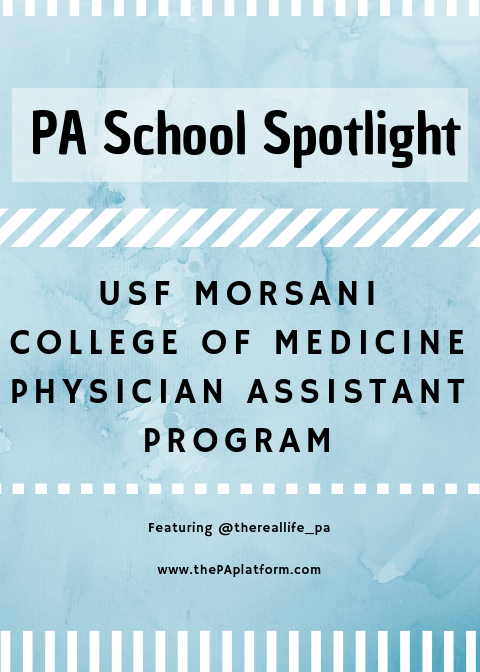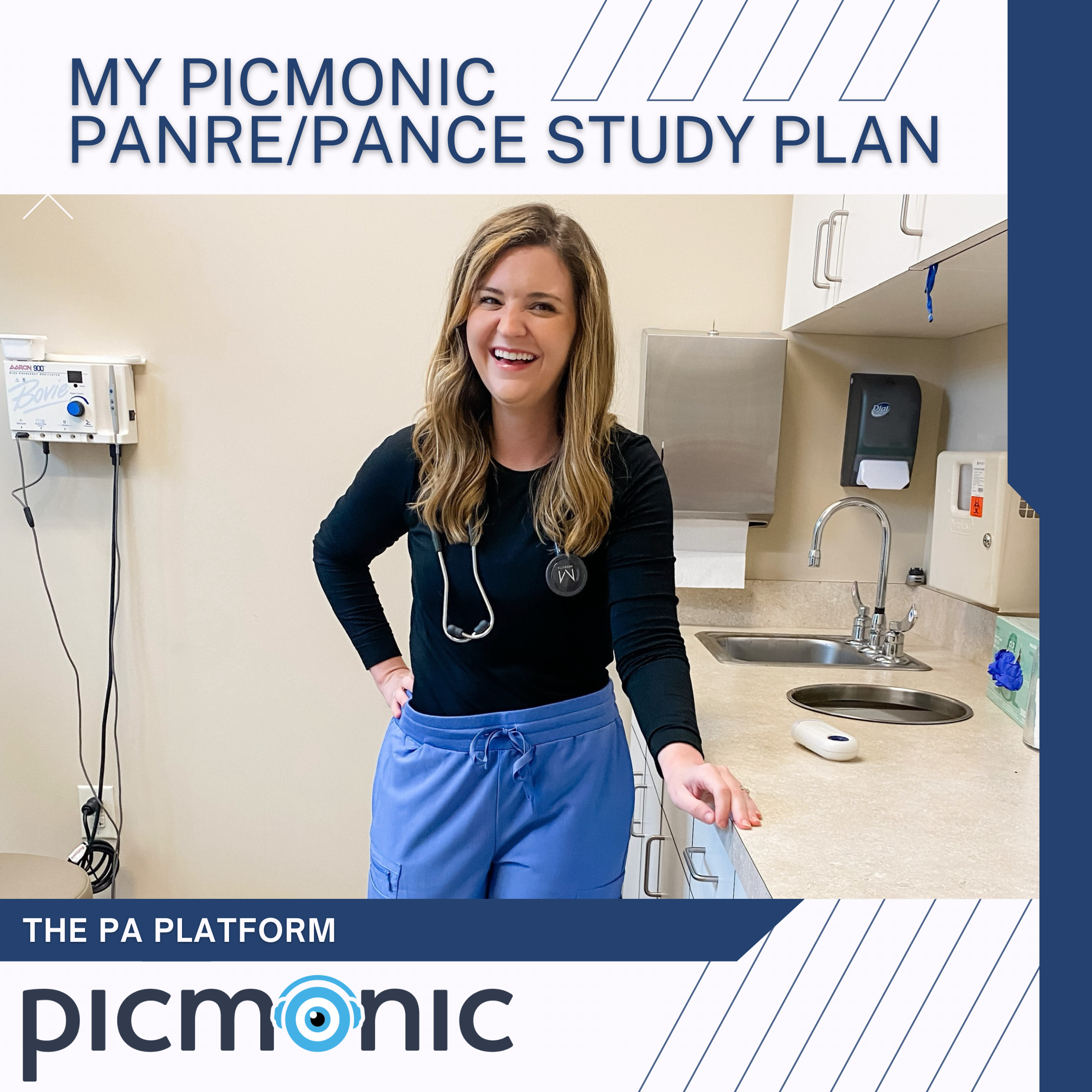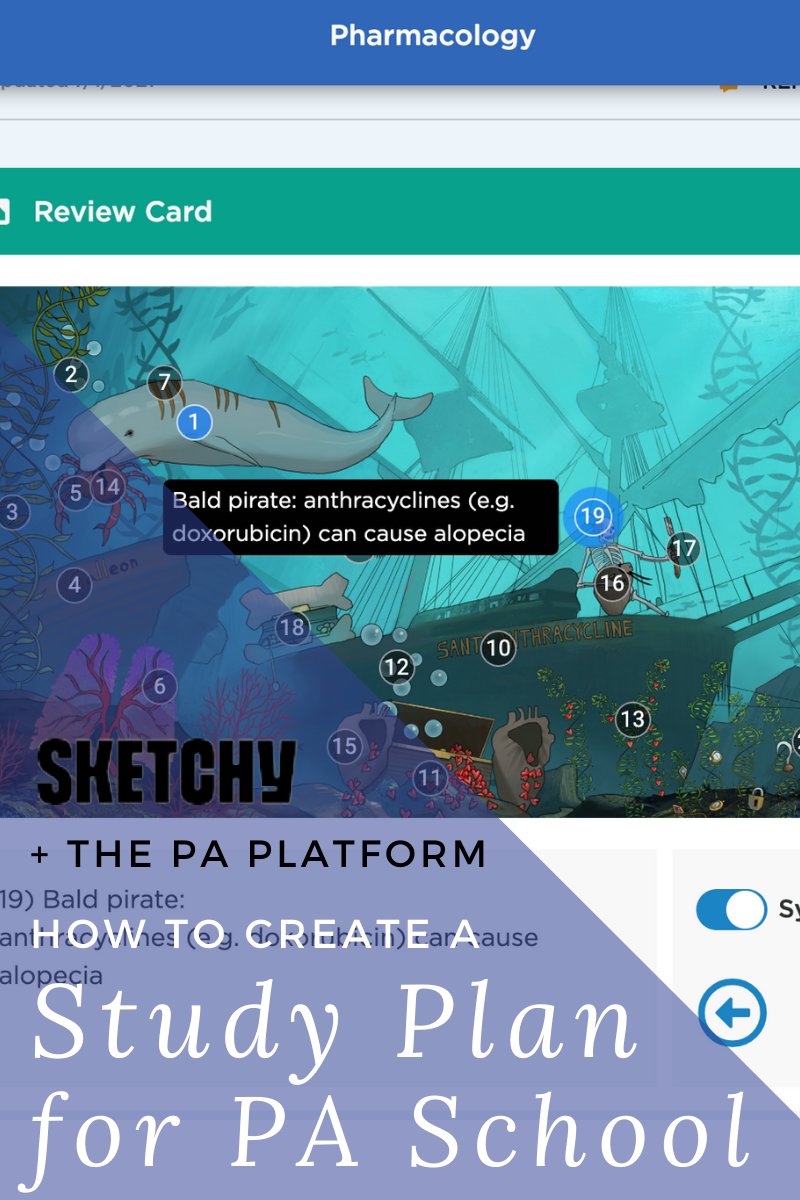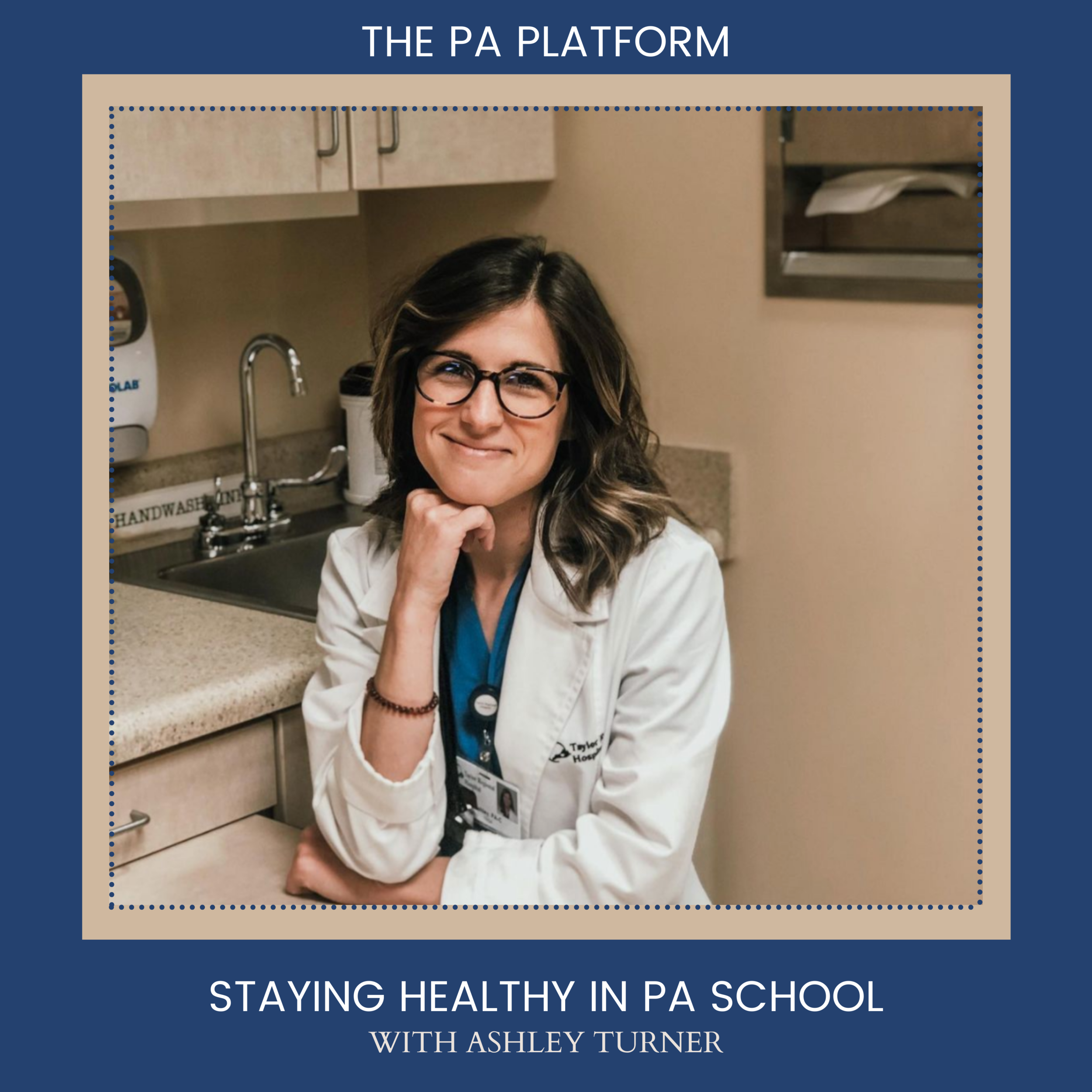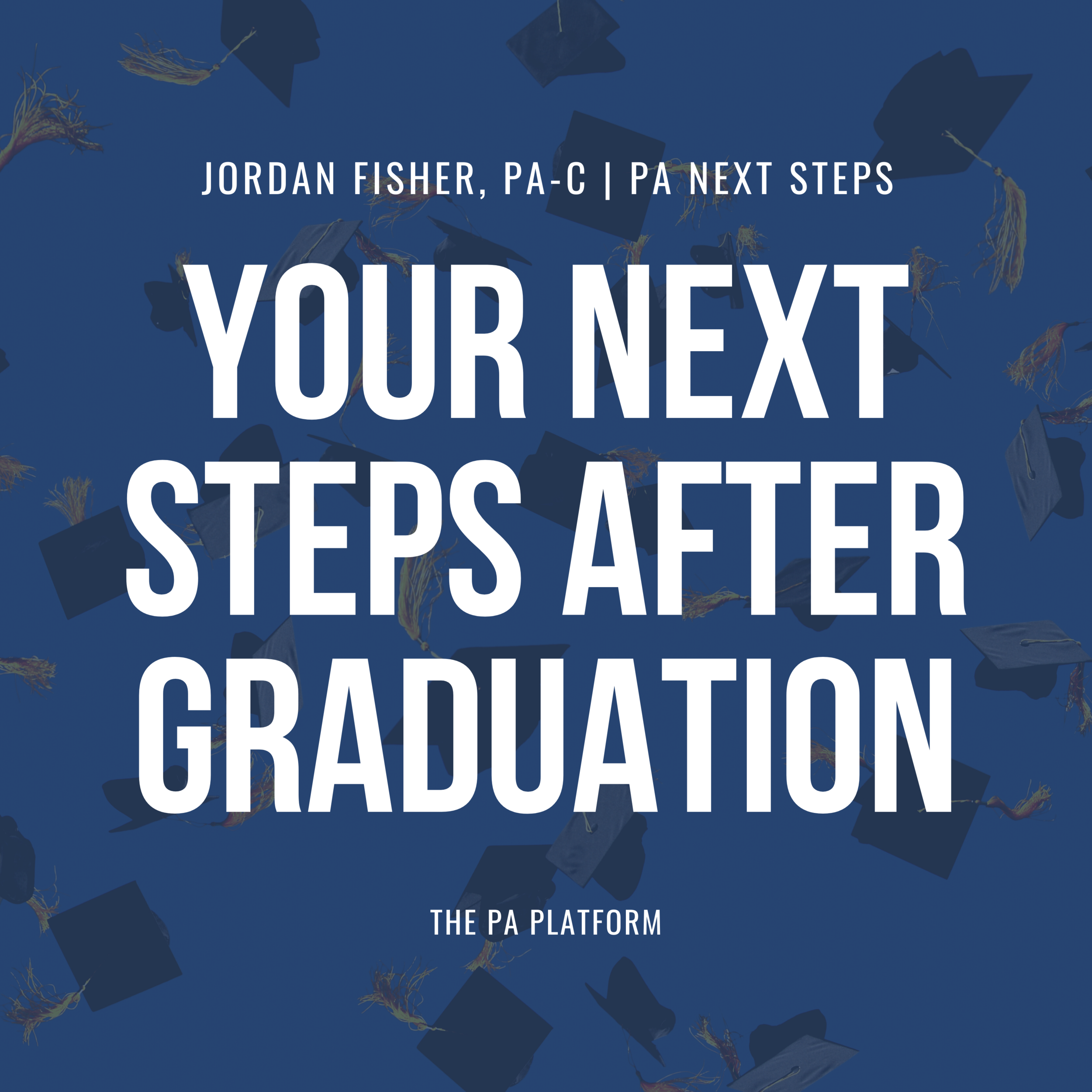PA Program: University of Oklahoma—Health Sciences Center (OKC) Class of 2020
How long is your program and what quarter/semester are you in?:
The program is 28 months total. We started in early June 2018 with Anatomy and we are in our second term (Fall). We will start rotations in October 2019 and graduate October 2020!
Class size: 51
Why did you apply to your program?:
I applied to my program for several reasons. It has been around since 1970, so the longevity of the program alone is outstanding. Until 2010 it was the only PA program in the state when OU-Tulsa formed its program and there are 2 other OK programs that have started in the last couple years. The first-time pass rate for the PANCE at my program has always been very high and everyone I spoke to about my program had only great things to say about it. I also just love the campus and all of the opportunities for rotations. The added super bonus was that I had already been living in OKC for a few years so I wouldn’t have to move. I just knew that this is where I wanted to go.
Why did you end up choosing to attend your program?:
I applied to 3 programs, but was accepted into 2. There were other factors, but honestly, I just knew the other option was not the right choice for me. So, I took a risk and officially declined the “sure thing” before finding out if I even had an interview at my first choice. Thankfully it all worked out! I don’t necessarily recommend this move to everyone because there’s always that risk of it not working out. I was just fortunate enough that it did and I’m extremely grateful that for that.
Is there anything unique about your program?:
Yes! While some schools are doing away with cadaver Anatomy, it is the first thing you do at my program. It is a 7-hour credit course taught over 6 weeks so it was an incredibly busy start. We did 2 hours of lecture almost every day and 2 hours of lab Monday-Thursday with a practical every Friday on that week’s material. After the practical quiz and even after exams we would still have lecture to get started on the new stuff.
Along with Anatomy, we also had another 2-hour credit course, “Foundations of Medical Sciences”. This class is a review of the basic sciences to help get everyone caught up, knowing the same information. We studied biochemistry/metabolism, genetics, and microbiology for 2 weeks each over the Summer in conjunction with Anatomy and it was great. It’s been 5 years since I took some of these courses in undergrad so it has been very beneficial for me. The 2019 class had a different layout to the Summer courses, so the program is always changing to improve the program.
Also, when it comes to rotations OUHSC has just about any elective available on campus. There are so many learning opportunities and I am really excited to see what I get to do next year when I start my rotations.
What is your favorite study resource?:
I mostly use just the slides provided. If there is a concept I don’t quite understand or if I need a different explanation I will often use AK Lectures, CrashCourse, or Osmosis.org on YouTube. I often rent the course books, but how much I actually use them is variable. For Anatomy, I recommend getting an atlas (affiliate link) and/or textbook to keep at home because you will probably end up using it well after anatomy has ended.
What is the most difficult or surprising part of PA school?:
The weird thing about PA school is that you truly don’t know what it will be like for you until you’re there. Some people come in, have their study strategy down, and are able to do extremely well early on. But honestly, I struggled with my first semester because I never really needed to study in my undergrad or graduate programs. It’s been crazy to go from studying maybe 3 hours per week to 30 hours per week outside of class time. I’m still fine-tuning and working to be more efficient with my time; but it’s getting there. If you are not sure how to keep up or if you find yourself overwhelmed with the volume of material, I truly encourage you to meet with your advisor, professor, tutor, counselor, or whoever you feel can help you. Take every opportunity to learn. And that includes learning how to learn, learning how to study, learning how to listen and take effective notes.
What advice would you give to other PA students?:
PA school is hard. It’s supposed to be. But even in the craziness make time for FUN! Even though you will be on campus more than at home, even though you will spend more time in class/studying than with your family/friends, make time for yourself. If you like to work out, read something besides a text book, play music, go out; whatever it is that you like doing, make sure you continue doing it.
Also, you will study your butt off, work harder than you ever have before, and still get at least 1 really crappy grade. You may even fail a test in the most spectacular way possible. It’s OK! Meet with your professor to see what you could be doing better. Chances are they’ve been where you are and they made it. I love hearing about my professors’ experiences in PA school because knowing that it was hard for them, too makes everything better. They’ve been through it; some did it without the Internet, others had small children, others were newly married, or completely single. No matter the circumstance they understand how hard it is, and they sincerely want you to succeed.
Find a good group to study with. I usually study with 2 other girls (my program besties) just a couple times per week. Studying alone the majority of the time is best for me, but group study helps you know what you don’t know and you can work together. If you just want to study in silence with a couple people for the sake of studying alone together, that works too.
It’s truly amazing how much you can learn in such a short amount of time. Do your best, don’t get discouraged, and remember why you chose to go for it. It’s not easy but it will be worth it.
Where can we find you?
You can find me on Instagram! Feel free to follow, ask questions, or just say hey!
@SamiRD2PA (PA School-focused blog)
@RD2PA (Personal blog)







